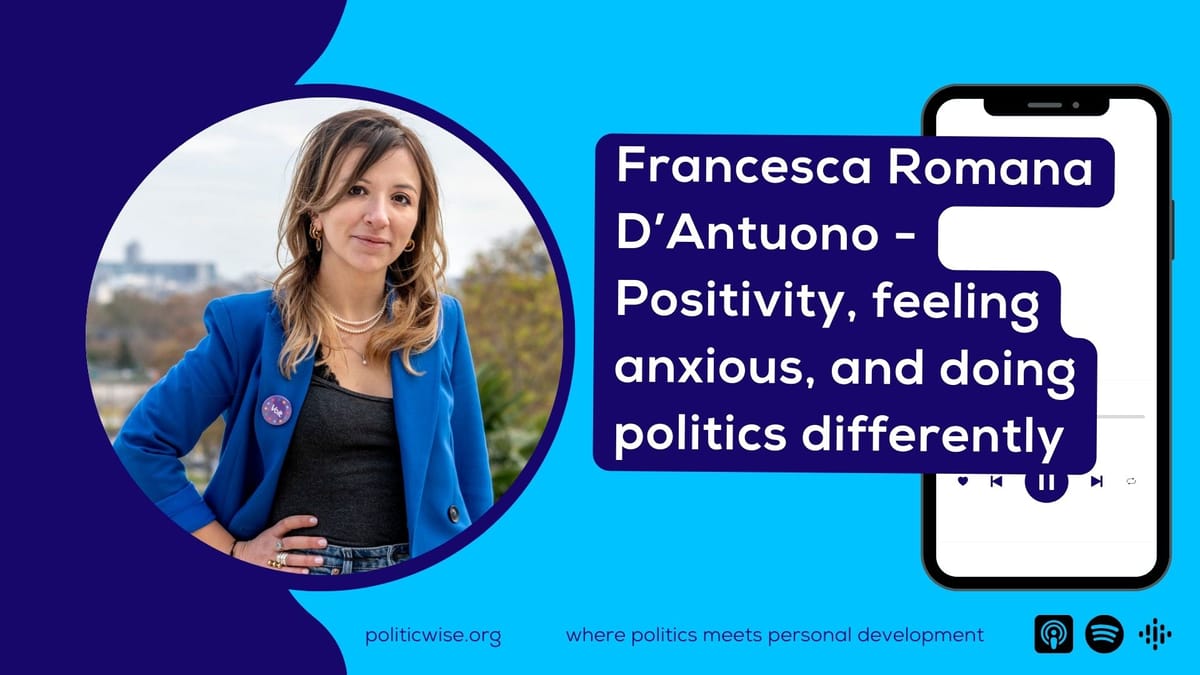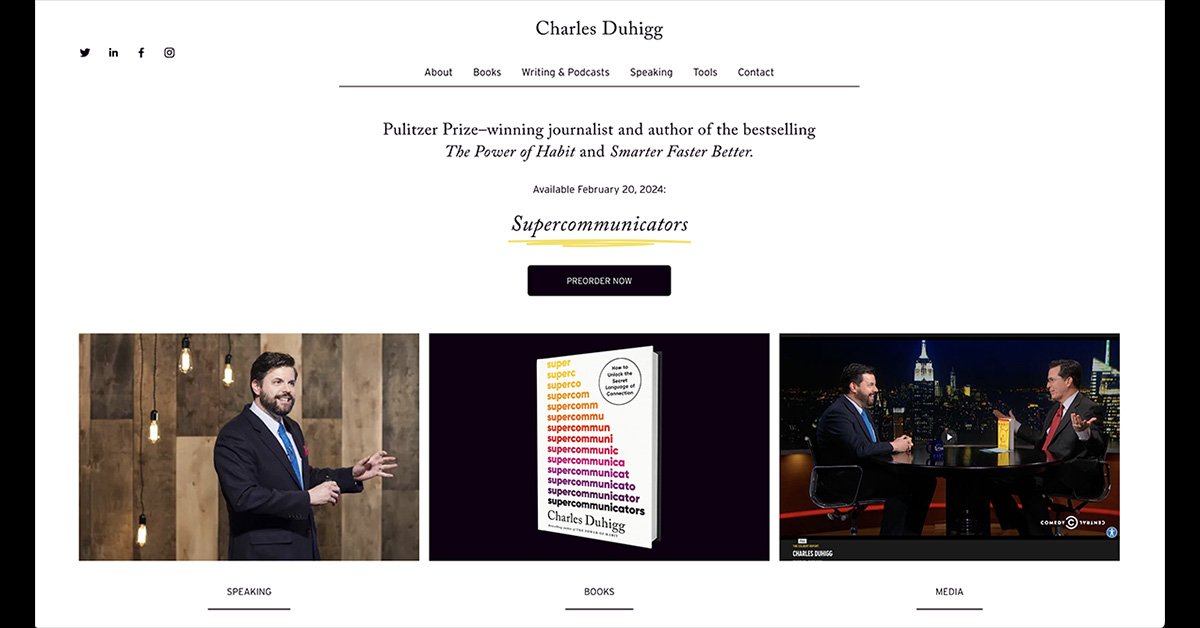"We will make mistakes. The aim is ... understanding."
Imagine you're going to talk with someone who's views you absolutely hate. Their views make you angry. You cannot even comprehend how people can hold these views. Whatever those views are for you...
It's not easy to approach that conversation with an open mind.
We'll probably be defensive, not wanting to make a mistake or admitting doubt in one's own position. We'll probably want to win the conversation as if it was a game or competition.
I've been inspired by some of the research on how to have 'hard conversations'.
One example stands out: conversations on gun control in the US. It's a divisive debate, or rather: shouting match / back-and-forth of pre-canned messages.
But there's also proof that people on both sides of the debate can have meaningful conversations on the topic, maybe still disagree but at least understand the other side - and perhaps even more: appreciate each other as citizens, fathers, mothers etc.
In his latest book 'Supercommunicators', Charles Duhigg describes how a group of gun enthusiasts and gun control advocates came together and managed to have a civil conversation.
How?
They were trained in active listening and first talked about something that was unrelated to guns:
- Prompted by a deep question, Person A would answer & open up
- Person B would then...
- Summarize what they heard
- Ask if they got it right
- Ask follow-up questions that encouraged the Person A to open up more
- Share something related and also opening up
People would become friends and stay in touch to share their views on what was happening in politics. Some were motivated to involve other people - one initiative was to create a Facebook Group and invite others to join the conversation.
You can guess what happened: the initiative failed miserably, people 'shouted' at each other and the group fell apart.
Active listening sounds simple but it's not easy.
Apart from active listening & not diving into contentious issues head-first, here are more guidelines for how to have a hard conversation from the book:
- "Start a conversation by talking about guidelines. What is okay, and what is out of bounds.
- Acknowledge discomfort. This may be a challenging conversation, and it may make people uncomfortable. That is okay.
- We will make mistakes. The aim is not perfection, but curiosity and understanding.
- The goal is to share your experiences and perspectives, not convince someone to change their mind.
- No blaming, shaming, or attacks.
- Speak about your own views and experiences. Don't spend time describing what other people think.
- Confidentiality is important. People must feel safe, and that means knowing our words won't be repeated.
- Respect is essential. Even if we disagree, we show we respect each other's right to be heard.
- Sometimes we need to pause. Some conversations can be re-traumatizing. Go slow, encourage people to pause or step away. Discomfort should be expected- but pain or trauma is a signal to stop.” (p. 220 in 'Supercommunicators')
Use it as a cheat sheet before your next (hard) conversation.
🎙️ My latest podcast

📚 What I read & listen to

Main take-aways so far:
- Great communication starts with knowing what type of conversation is taking place or is needed
- Three types of conversation:
- What's this really about? (practical, decision-making)
- How do we feel? (emotional)
- Who are we? (social)
🖋️ My favourite quote
“Anyone can work hard when they feel motivated. It’s the ability to keep going when work isn't exciting that makes the difference. Professionals stick to the schedule; amateurs let life get in the way.” - James Clear in Atomic Habits

